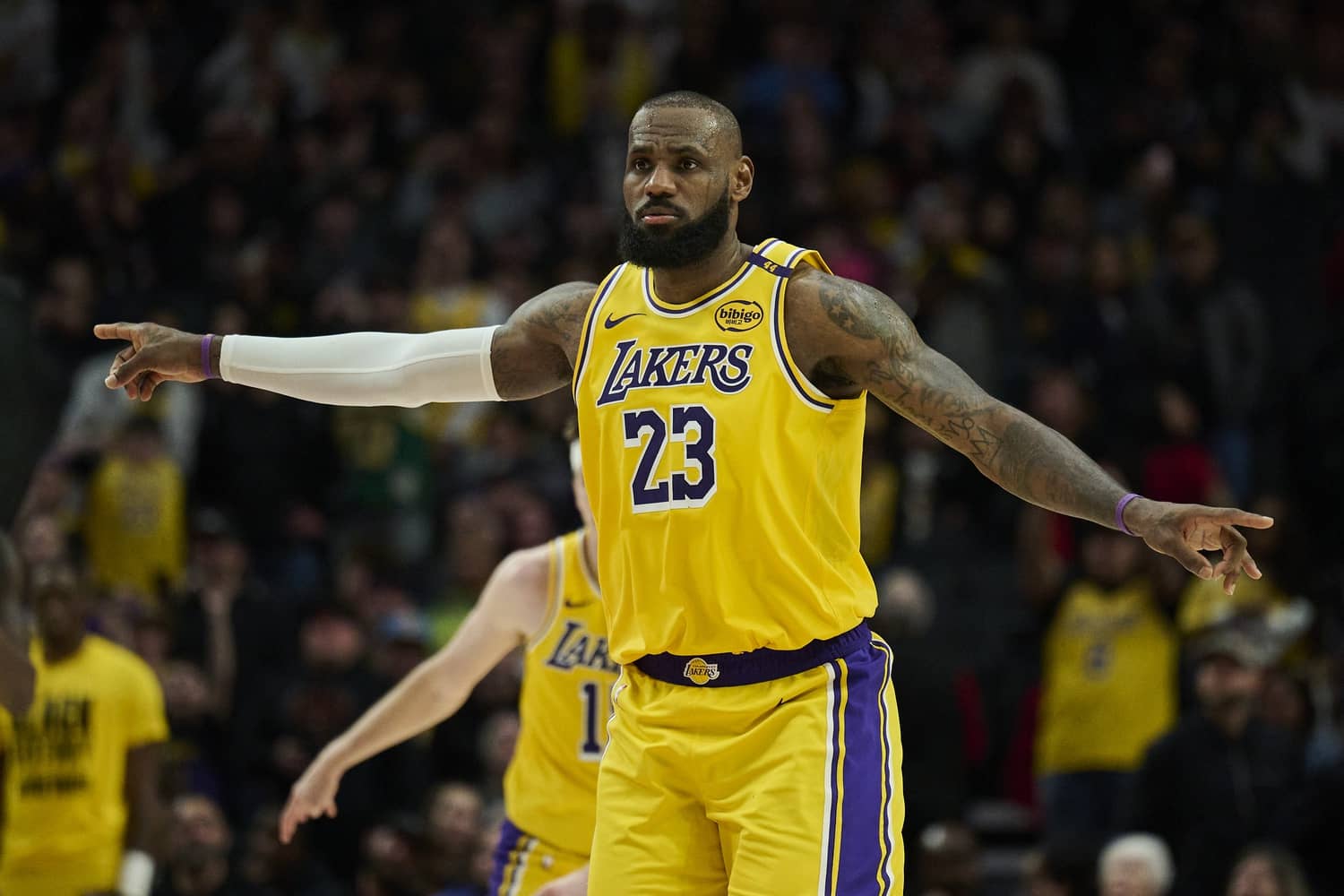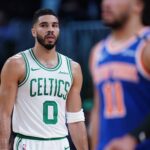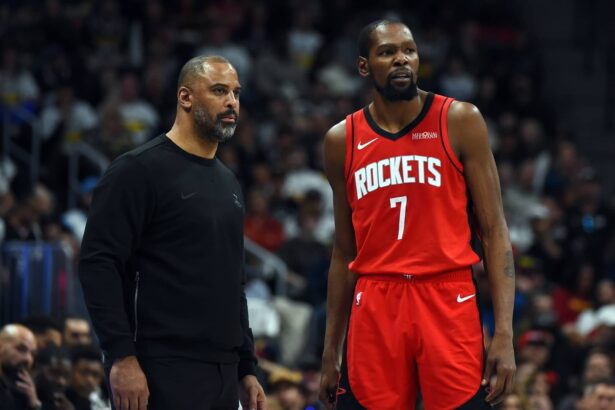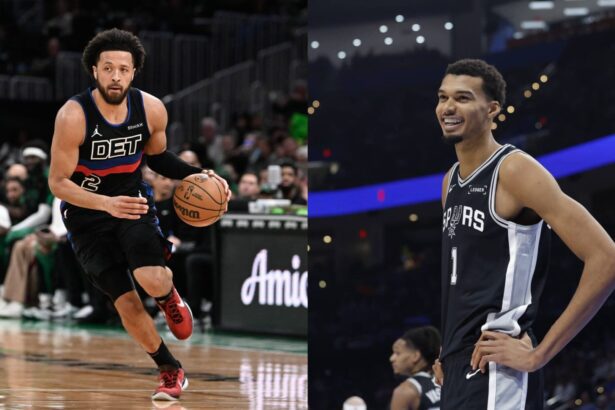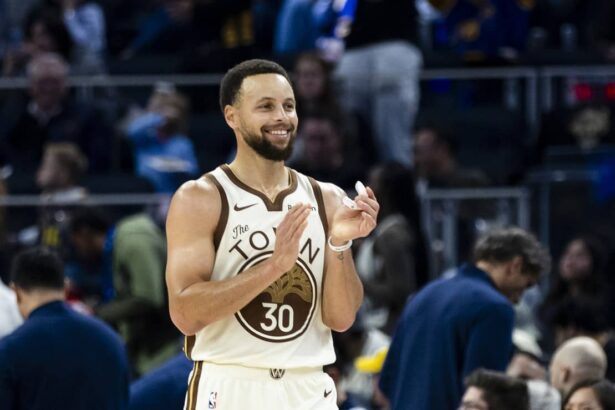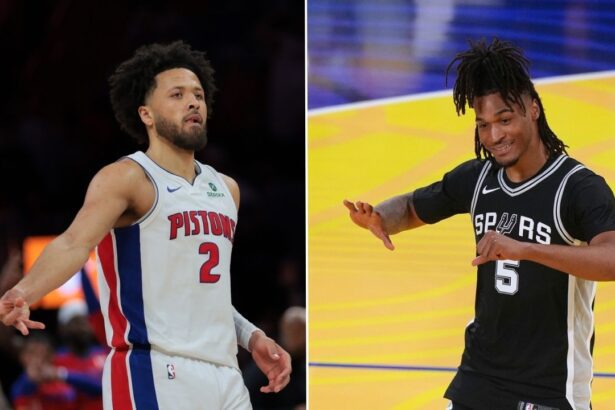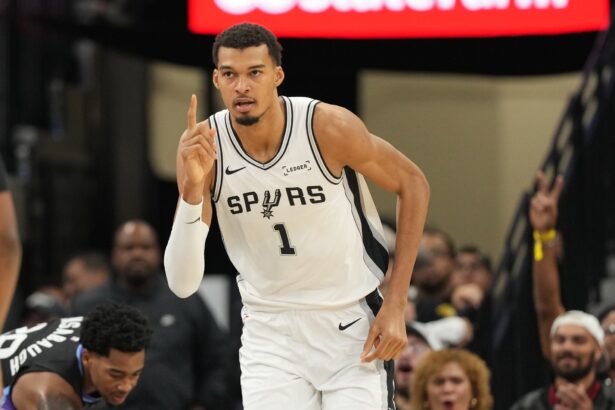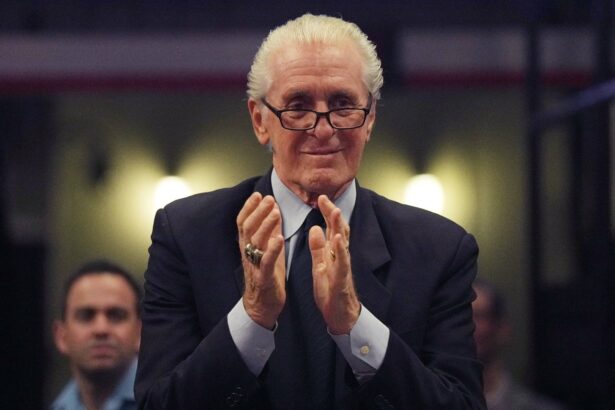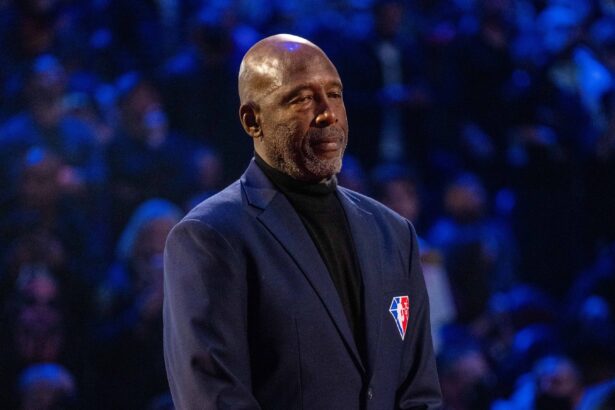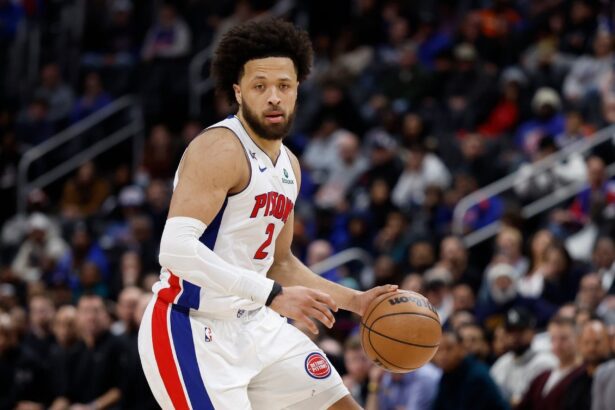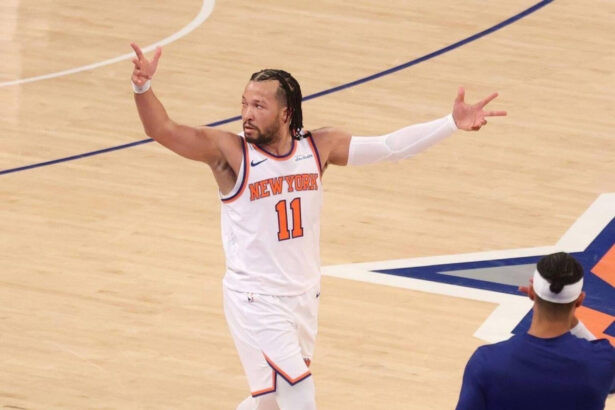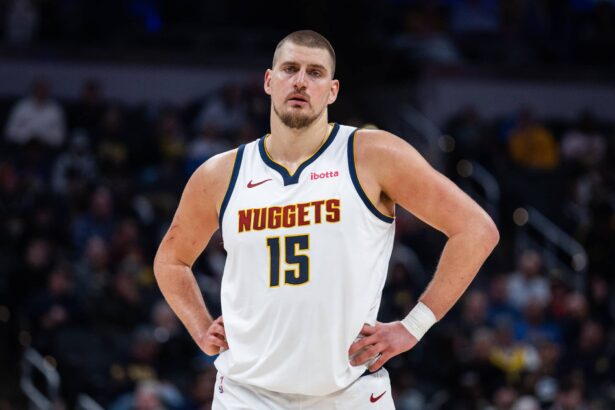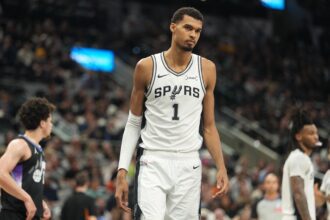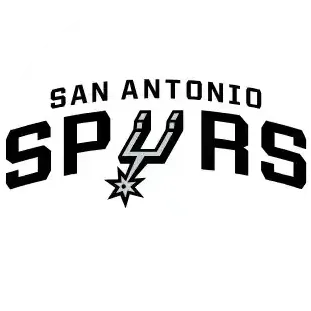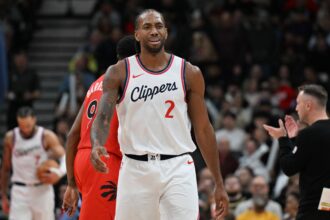A week after the Los Angeles Lakers’ season came to a frustrating end, LeBron James broke his silence on the Mind the Game podcast with Steve Nash. Reflecting on the team’s first-round loss to the Minnesota Timberwolves, LeBron didn’t sugarcoat the reasons for the defeat.
“You unravel all of those emotions, and I’ve unraveled all of them in a sense of, like, giving me space, going back, analytically, seeing if there were ways I could have, what could I have done better, what we could have done better, thinking about the individual matchups, thinking about their team versus our team, things where we could have done better.”
“It all has entered my mind since Wednesday night when it was over with. Obviously, I’ve come to grips with it now with it being, you know, quite a few days after the fact, and watching a lot of the other series now and seeing how they unfold.”
“But, yeah, you said it, man. I’ve had all those emotions, to the point where it’s like, what the shit, you know, we entered the season well, but like you said, you know, when it comes to the postseason, man, matchups sometimes don’t determine how well of a regular season you had, you know, it’s the matchups.”
“And we ran into a damn good matchup, a team that’s been battle-tested, a team that’s hungry, a team with a lot of youth but also experience at the same time, and another team that’s trying to make the next step. And, you know, they were a worthy opponent, that’s for sure.”
While LeBron admitted he has come to peace with the outcome, he gave full credit to the Timberwolves, who proved to be a nightmare matchup for the shorthanded Lakers.
The Timberwolves’ elite defense, built around Jaden McDaniels, Rudy Gobert, and Naz Reid, made life miserable for the Lakers. Without Anthony Davis, who was traded to Dallas midseason, the Lakers had no interior presence to counter Minnesota’s size and physicality.
LeBron, now 40, played inspired two-way basketball, averaging 25.4 points, 9.0 rebounds, 5.6 assists, 2.0 steals, and 1.8 blocks on 48.9 percent shooting in the series. He was arguably the most consistent player on both ends of the floor alongside Luka Doncic, but the help just wasn’t there.
The Lakers’ bench was thin, and their role players struggled against the Wolves’ length and defensive rotations. Head coach JJ Redick was forced to play his starters extended minutes, with some playing entire second halves due to a lack of depth.
Most games in the series were competitive, with Games 3 and 4 coming down to the final minutes. Game 4, in particular, stung. The Lakers held a slim lead with under 60 seconds remaining, but a turnover led to a Timberwolves comeback win.
To make matters worse, questionable officiating down the stretch swung momentum away from L.A.
For LeBron, the defeat was a reminder that postseason basketball isn’t about seeding or star power; it’s about physical matchups, cohesion, and timely execution. The Timberwolves, led by Anthony Edwards’ breakout dominance, had all three.
With his future still up in the air, LeBron left the door open about what’s next but made it clear: Minnesota was the better team, and he has nothing but respect for the challenge they brought.

